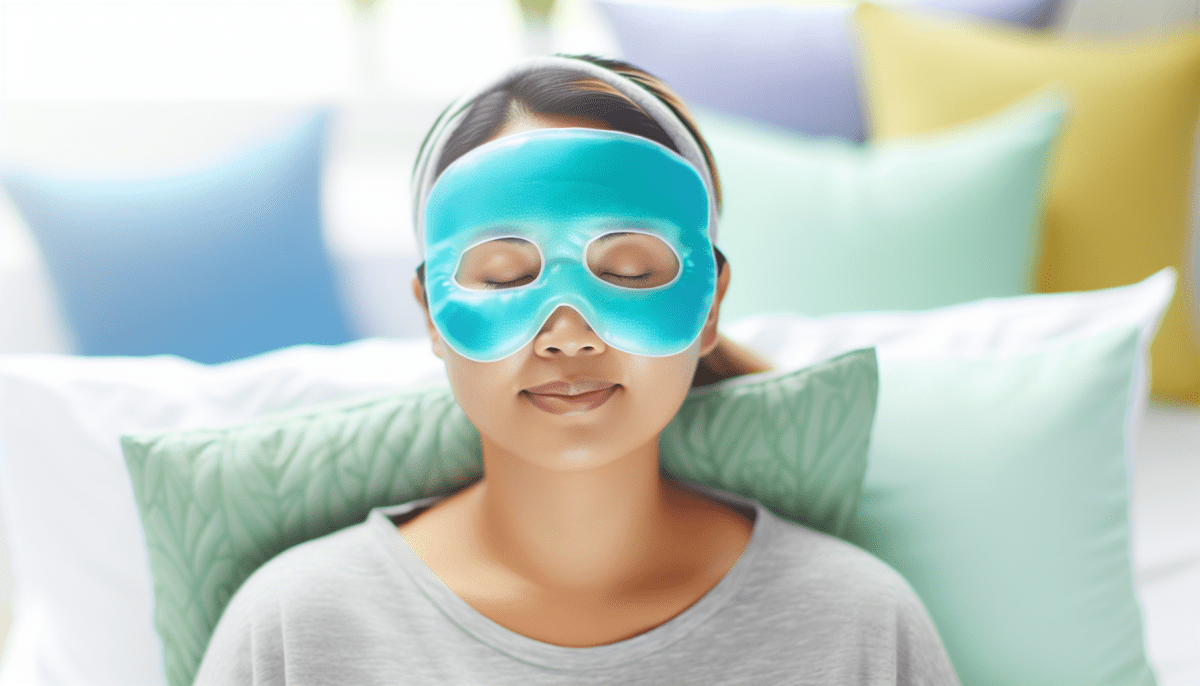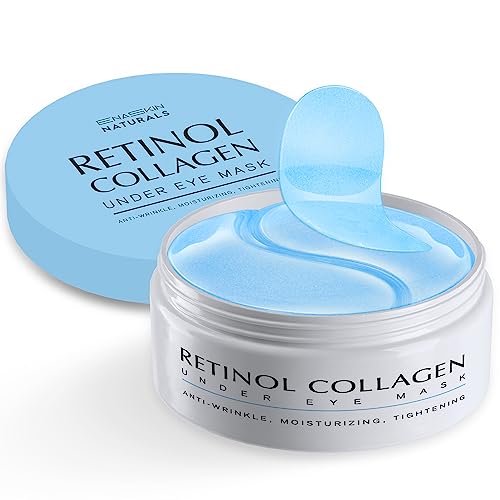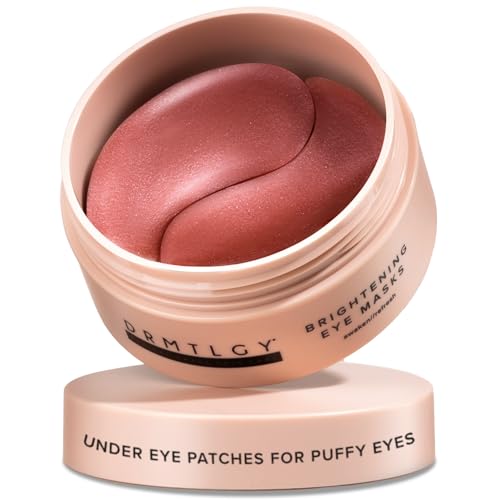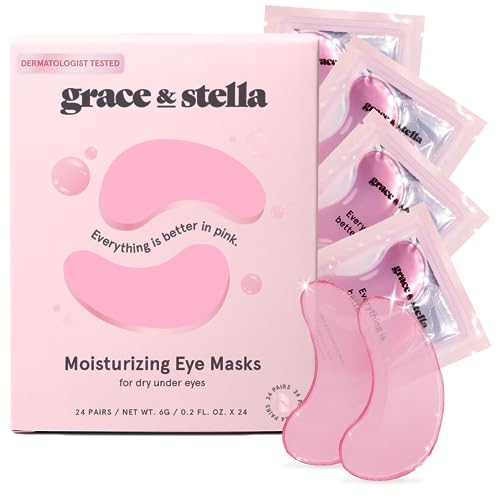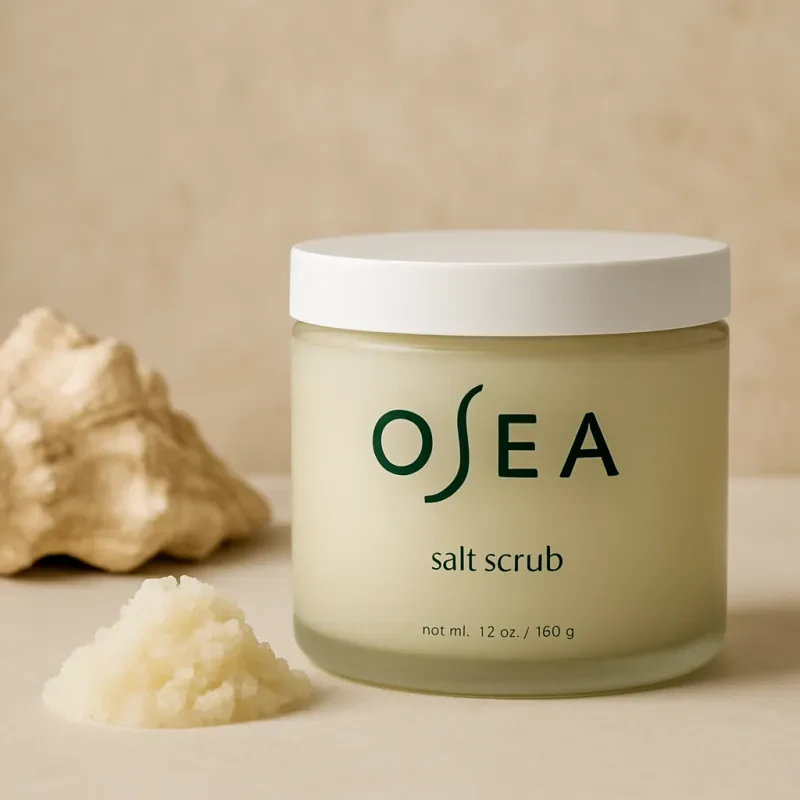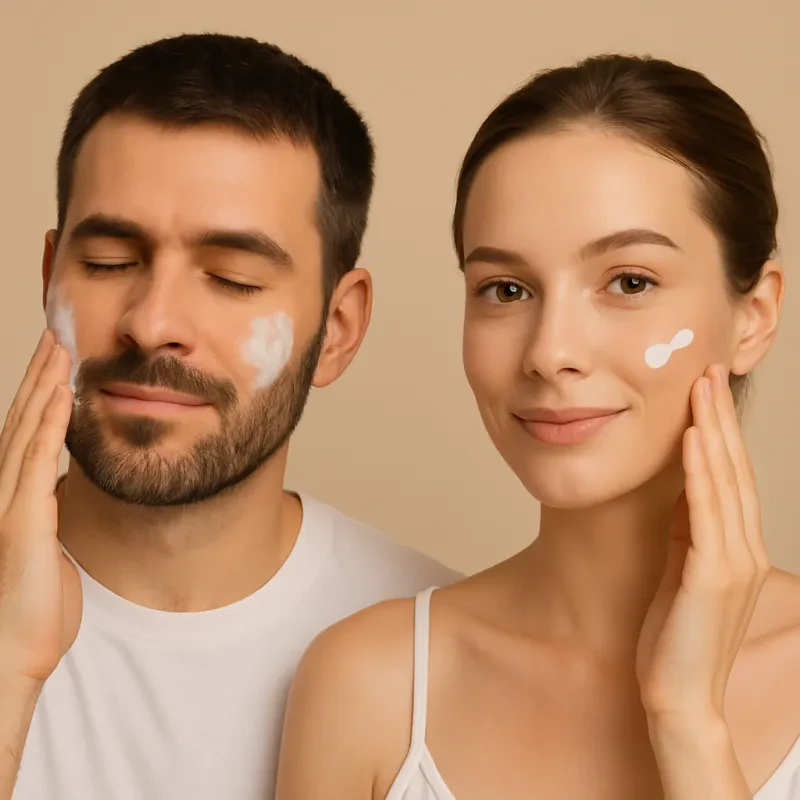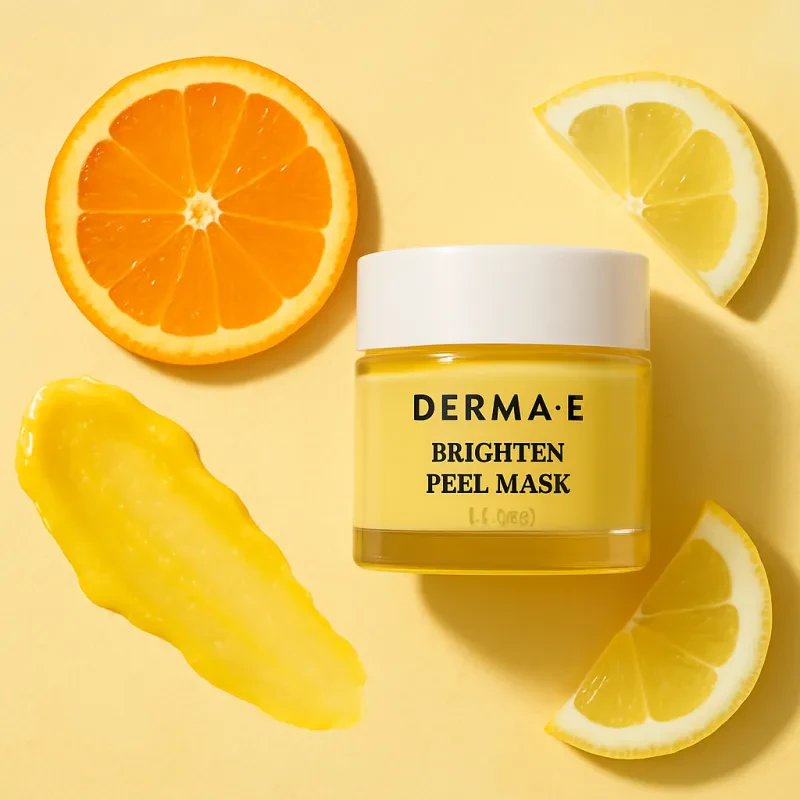Eye masks are recognized as an effective solution for reducing puffiness around the eyes. They work through various mechanisms, such as reducing swelling, constricting blood vessels, and stimulating collagen and elastin production. There are different types of eye masks available, including single-use eye patches, cream masks, and reusable gel masks, each with its own method of addressing puffiness.
The effectiveness of an eye mask for treating puffy eyes can depend on several factors, including the underlying cause of the puffiness and the ingredients used in the mask. Puffy eyes can result from a variety of causes such as a sodium-heavy diet, dehydration, excess alcohol consumption, poor sleep, allergies, and age-related changes in the skin. Identifying the cause is crucial for choosing the most appropriate treatment.
For instance, eye masks that contain active ingredients like caffeine or chamomile are known for their anti-inflammatory properties and can help constrict blood vessels and reduce inflammation. Some eye masks also offer cooling effects, which can further help to reduce puffiness by constricting blood vessels.
In addition to commercial eye masks, there are also home remedies that can be effective, such as cold compresses, cucumber slices, and green tea bags. These remedies work similarly to cooling eye masks by providing a cold temperature that helps to reduce swelling and constrict blood vessels.
It's important to note that while eye masks can provide temporary relief from puffiness, they are not a permanent solution. Consistent use, along with addressing any underlying lifestyle or health issues, can help improve the appearance of puffy eyes over time. For persistent or severe cases, consulting a healthcare professional is recommended.
In summary, eye masks can be an effective, non-invasive option for reducing the appearance of puffy eyes, especially when chosen and used correctly based on the individual's specific needs and the causes of their puffiness.
